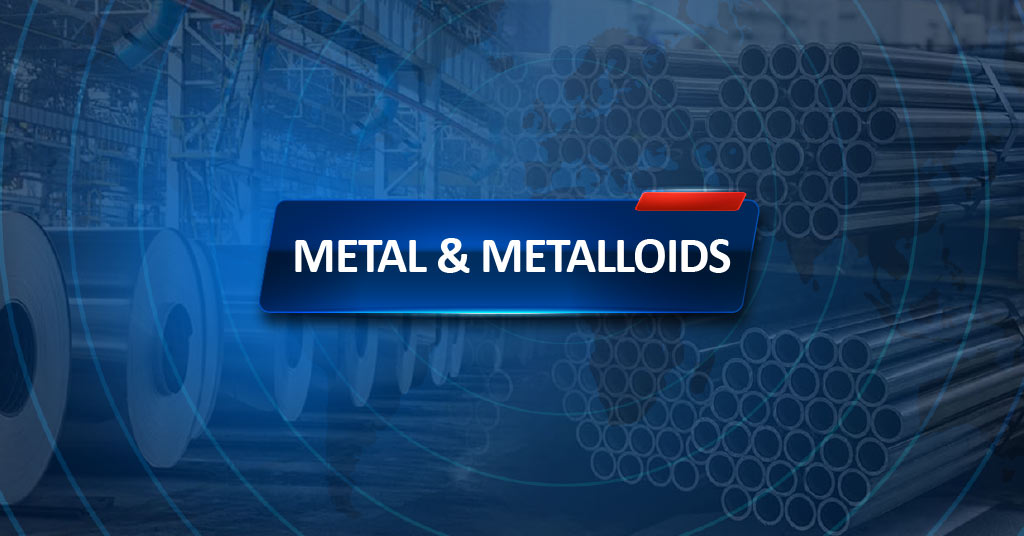Welcome To ChemAnalyst

Aluminium recycling holds immense promise, offering both environmental conservation and economic prosperity. Oman recently convened its inaugural Aluminium Recycling Forum on February 14, hosted at the JW Marriott Hotel in Muscat under the auspices of Dr. Abdullah bin Ali al Amri, Chairman of the Environment Authority.
The forum, organized by Sohar Aluminium and endorsed by the Environment Authority, gathered key industry stakeholders to delve into the latest trends, challenges, and business opportunities within the aluminium recycling sector. Sohar Aluminium emphasized the significance of the event, stating, "This forum aimed to unite leaders from Oman's aluminium industry, alongside representatives from the Environment Authority, Waste Management sectors, recycling entities, academia, and other stakeholders to explore the opportunities presented by aluminium recycling and how they can be maximized for mutual benefit."
Aluminium inherently embodies circularity, long before the concept gained prominence. Globally, over 30 million tonnes of aluminium scrap are recycled annually, solidifying its status as one of the most recycled materials worldwide. Advances in processes and innovative breakthroughs are enhancing scrap availability, rendering recycling more feasible and effective. Oman stands poised to seize this opportunity, reaping environmental and economic rewards.
Aluminium scrap recycling boasts numerous environmental and economic advantages, including resource conservation, energy efficiency, reduced greenhouse gas emissions, and economic opportunities. Recycled aluminium production consumes a staggering 95% less energy than manufacturing from raw materials and emits 97% fewer greenhouse gases. Moreover, the recycling industry fosters job creation across collection, sorting, processing, and manufacturing sectors, bolstering local economies and reducing production costs for businesses.
Transitioning to a circular economy is a top priority globally and nationally, aiming to curb waste, energy consumption, and raw material usage. Oman's Vision 2040 places significant emphasis on advancing this economy to preserve resource value, boost national economic growth, create employment opportunities, address health and environmental concerns, mitigate pollution, and optimize natural resource utilization.
While the Middle East has witnessed substantial growth in primary aluminium production over the past decade, aluminium scrap recycling remains in its infancy. Challenges such as scrap material exports and the predominance of post-consumer scrap mixed with other alloy elements hinder progress. Investment in advanced sorting technologies is imperative to overcome these barriers and stimulate the local aluminium recycling industry.
Imposing restrictions on aluminium scrap exports emerges as a crucial catalyst for enhancing the local recycling sector. Prohibiting scrap aluminium exports would ensure adequate feedstock availability for local facilities, reducing reliance on imported scrap. Notably, the GCC currently generates 11 tons of greenhouse gas emissions per ton of aluminium production. Embracing aluminium recycling could slash this figure to 0.6 tons of CO2e, marking a substantial 95% reduction.
We use cookies to deliver the best possible experience on our website. To learn more, visit our Privacy Policy. By continuing to use this site or by closing this box, you consent to our use of cookies. More info.
